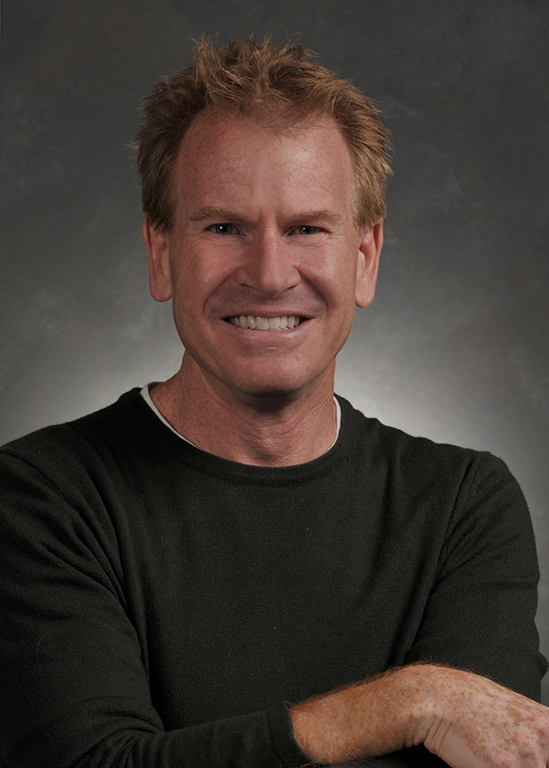Women's Work?
The smarter way to stay on top of broadcasting and cable industry. Sign up below
You are now subscribed
Your newsletter sign-up was successful
Yvette Gordon-Kanouff understands the importance of having a mentor. As a teenager in Orlando, Fla., her best friend's father, an engineer, encouraged her interest in mathematics and engineering. Later, as a graduate student at New York University's Courant Institute of Mathematical Sciences, she dedicated her thesis on wavelets to him.
Gordon-Kanouff went on to develop some of the core principles behind the cable industry's entry into video-on-demand (VOD) service, beginning as an engineer on Time Warner Cable's groundbreaking Full Service Network. Now senior VP/chief strategy officer for SeaChange International, a provider of VOD systems, Gordon-Kanouff is one of few women in a field long dominated by men.
Women in Cable and Telecommunications (WICT) is working to encourage more women to follow Gordon-Kanouff's example.
Later this year, the industry advocacy organization will launch a mentoring initiative that is designed to foster women's interest in engineering and computer science and help them to explore fulfilling careers in cable and telecommunications.
WICT's “Women in Technology” initiative aims to reverse a troubling trend that shows women are losing ground within the cable telecommunications engineering field.
Fewer women in tech jobs
According to preliminary results from an industry-wide survey just completed by WICT, about 18% of the technology-based jobs in the U.S. cable industry are held by women. That's down from 2005, when the WICT survey found women held 26.5% of corporate technology positions and 19.9% of all industry engineering jobs.
WICT President Benita Fitzgerald Mosley worries that, unless the pool of women engineering candidates grows significantly, the percentage of women who hold meaningful technology positions will erode further as the cable industry adds more engineering jobs in total.
The smarter way to stay on top of broadcasting and cable industry. Sign up below
The initiative will tackle four elements that WICT believes contribute to cable's techno-gender gap, beginning with a general lack of awareness that women lag badly within the industry's engineering ranks. Fitzgerald Mosley hopes a media campaign will help the industry recognize the disparity as well as spotlight the contributions of women who do hold important technology jobs, offering their stories as a way to inspire others.
But WICT also knows that it needs to take a more active role in broadening the candidate pool by recruiting talented women engineers and scientists from outside the cable industry. Fitzgerald Mosley thinks promising candidates can be lured away from other fields by the high-profile nature of the cable business.
Finally, WICT will target young girls and encourage them to study mathematics and engineering in partnership with an existing organization, as yet undetermined.
Fitzgerald Mosley believes the key is to help women recognize the possibilities of applying technological skills to different professions. She cites her own experience as a graduate in industrial engineering who went to work for defense contractors. A former track-and-field star who won a gold medal at the 1984 Olympics, Fitzgerald Mosley soon discovered that she could use her engineering skills in the more appealing field of sports physics.
“Girls don't make that leap between math and what's ultimately going to help [them] get this cool job,” she says. “Somebody's got to make that link for them.”
In the end, Fizgerald Mosley hopes that companies will recognize that employing women in technological jobs is simply good for the bottom line. Findings by the women's research and advisory firm Catalyst, she says, suggest that “when you have a more diverse team making those kinds of decisions … you make better decisions and … ultimately have higher revenues.”
Competence rules
Ultimately, says Gordon-Kanouff, cable companies reward competence, regardless of gender.
“My perception of men in this industry is that they say, 'If you're good, come on in.'” Indeed, Gordon-Kanouff was elected as chair of the Society of Cable Telecommunications Engineers in 2005 by a membership that's 95% men.
And fortunately, her minority status among her peers has been more a cause for humor than sexual discrimination. When she was pregnant, 25 male co-workers threw her what may have been the world's most ill-advised baby shower.
“They did everything wrong, with a pizza place and beer,” says Gordon-Kanouff. “But it's one of the funniest memories of my life.”
Media, Math and Myth blogger Stewart Schley writes about media, telecommunications and the business of sports from Denver. He is currently writing a book about the transformation of the U.S. cable television industry.

